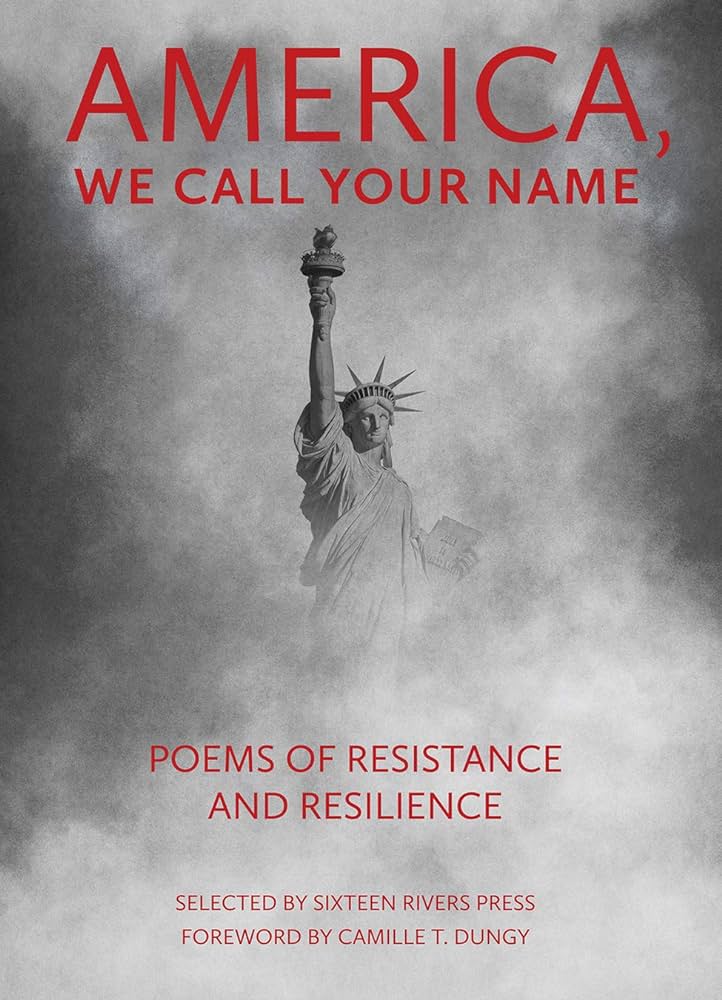
Those who would pigeonhole poetry, assigning it to a more restrictive category according to what they think it should be, ignore poetry’s dynamic flux and the range of things a poem can do for us. Some think poems should always be lyrical, dealing with personal feelings and emotions, with nary a trace of narrative. Some insist that poems must always rhyme or be written in meter. Others will never accept prose poems or found poems as legitimate forms of poetry. And heaven forbid a poem should ever be about politics!
As David Orr writes in The Politics of Poetry, poetry and politics are both means of persuasion, connecting through expression and feeling. While politics connects to current events, political poetry seeks to connect to people’s feelings – that “spontaneous overflow of powerful feelings” so aptly described by Wordsworth. I like to think of all poetry, in whatever form it takes, as simply compressed emotion on the page.
I just finished reading (and rereading, in some cases) the poems in the anthology, America, We Call Your Name. Poems of Resistance and Resilience. Featuring the work of poets living and dead, it was selected and published by Sixteen Rivers Press in 2018, in response “to the cultural, moral, and political rifts that now divide our country.” Talk about powerful feelings! I like how the publisher added the word resilience to the subtitle. Whatever your feelings about the 2016 presidential election and the state of our country right now, I think we can all agree that we must never lose the resilience of hope.
Here are three of my favorite poems to give you a brief taste.
Violaceae
By Jose A. Alcantara
If we must have violence, then let it be
the violence of violets, how they burst
into spring, before most anything else—
vanguard of the voluptuous—
unravelling their petals, their leaves
to attract whatever will love them.
If we must rant and rave, then let us
do so as they do, inconspicuously,
close to the ground, in all the wet places
until something with a stinger comes
and mounts us, turning us inward
where we learn what it is to sweeten.
Let Them Not Say
By Jane Hirshfield
Let them not say: we did not see it.
We saw.
Let them not say: we did not hear it.
We heard.
Let them not say: they did not taste it.
We ate, we trembled.
Let them not say: it was not spoken, not written.
We spoke,
we witnessed with voices and hands.
Let them not say: they did nothing.
We did not-enough.
Let them say, as they must say something:
A kerosene beauty.
It burned.
Let them say we warmed ourselves by it,
read by its light, praised,
and it burned.
No. 1096
By Emily Dickinson
These Strangers, in a foreign World,
Protection asked of me—
Befriend them, lest Yourself in Heaven
Be found a Refugee—
Thank you Gene. I heard about this book on NPR and am planning to order it. By your choices of poems it inspires me to do it right away. 🙏🏻
Thanks, Seja!